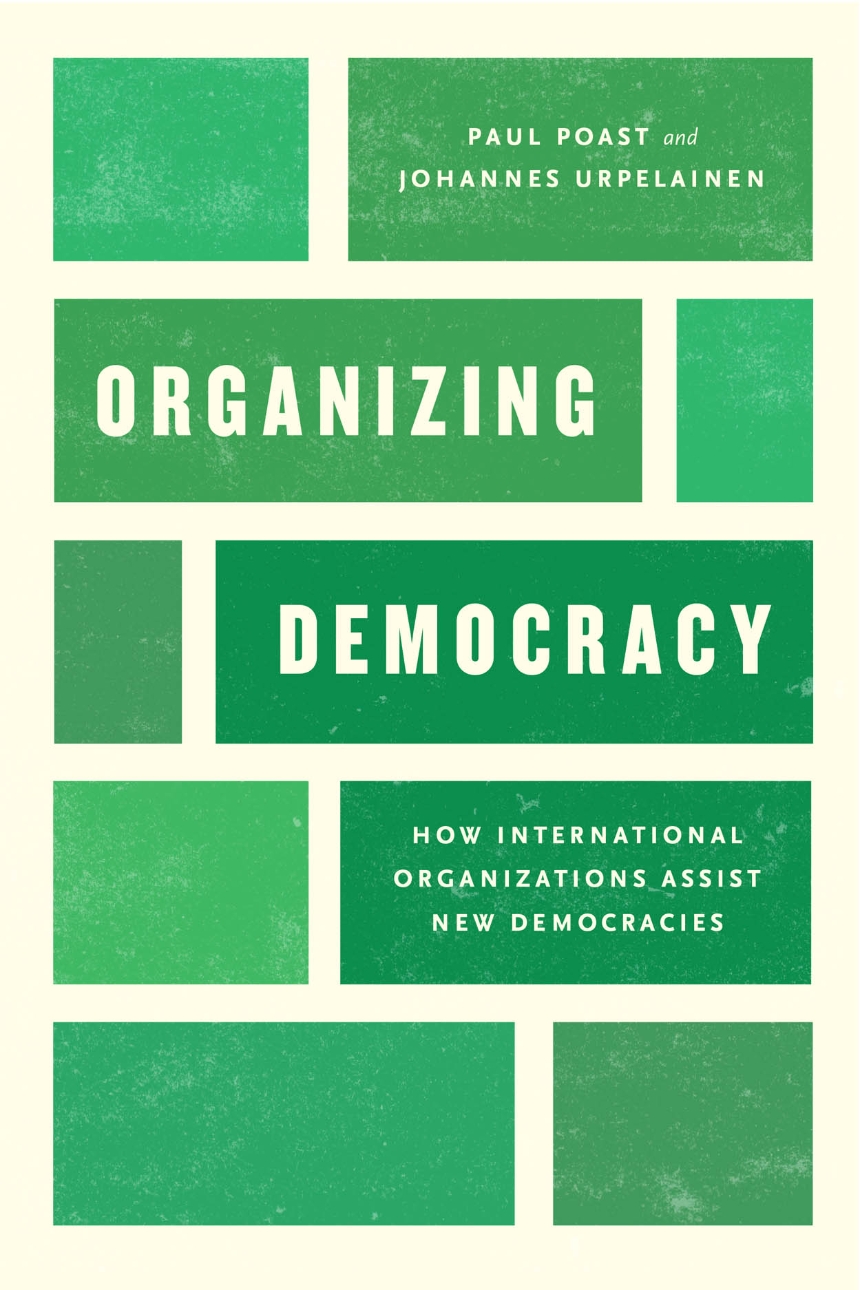Organizing Democracy
How International Organizations Assist New Democracies
9780226543482
9780226543345
9780226543512
Organizing Democracy
How International Organizations Assist New Democracies
In the past twenty-five years, a number of countries have made the transition to democracy. The support of international organizations is essential to success on this difficult path. Yet, despite extensive research into the relationship between democratic transitions and membership in international organizations, the mechanisms underlying the relationship remain unclear.
With Organizing Democracy, Paul Poast and Johannes Urpelainen argue that leaders of transitional democracies often have to draw on the support of international organizations to provide the public goods and expertise needed to consolidate democratic rule. Looking at the Baltic states’ accession to NATO, Poast and Urpelainen provide a compelling and statistically rigorous account of the sorts of support transitional democracies draw from international institutions. They also show that, in many cases, the leaders of new democracies must actually create new international organizations to better serve their needs, since they may not qualify for help from existing ones.
With Organizing Democracy, Paul Poast and Johannes Urpelainen argue that leaders of transitional democracies often have to draw on the support of international organizations to provide the public goods and expertise needed to consolidate democratic rule. Looking at the Baltic states’ accession to NATO, Poast and Urpelainen provide a compelling and statistically rigorous account of the sorts of support transitional democracies draw from international institutions. They also show that, in many cases, the leaders of new democracies must actually create new international organizations to better serve their needs, since they may not qualify for help from existing ones.
256 pages | 14 line drawings, 21 tables | 6 x 9 | © 2018
Chicago Series on International and Domestic Institutions
Political Science: Comparative Politics, Diplomacy, Foreign Policy, and International Relations
Reviews
Table of Contents
Preface
Chapter 1. Introduction
Part 1. A Theory of Democratization and International Organizations
Chapter 2. From Democratization to International Organizations
Chapter 3. From International Organizations to Democratic Consolidation
Part 2. Quantitative Evidence
Chapter 4. Quantitative Evidence on Forming versus Joining
Chapter 5. Quantitative Evidence on Democratic Consolidation and International Organizations
Part 3. Qualitative Evidence
Chapter 6. The Baltic Experience
Chapter 7. Forming, Remodeling, and Reforming: Expanding the Evidence and Implications
Chapter 8. Conclusion
Notes
Bibliography
Index
Bibliography
Index
